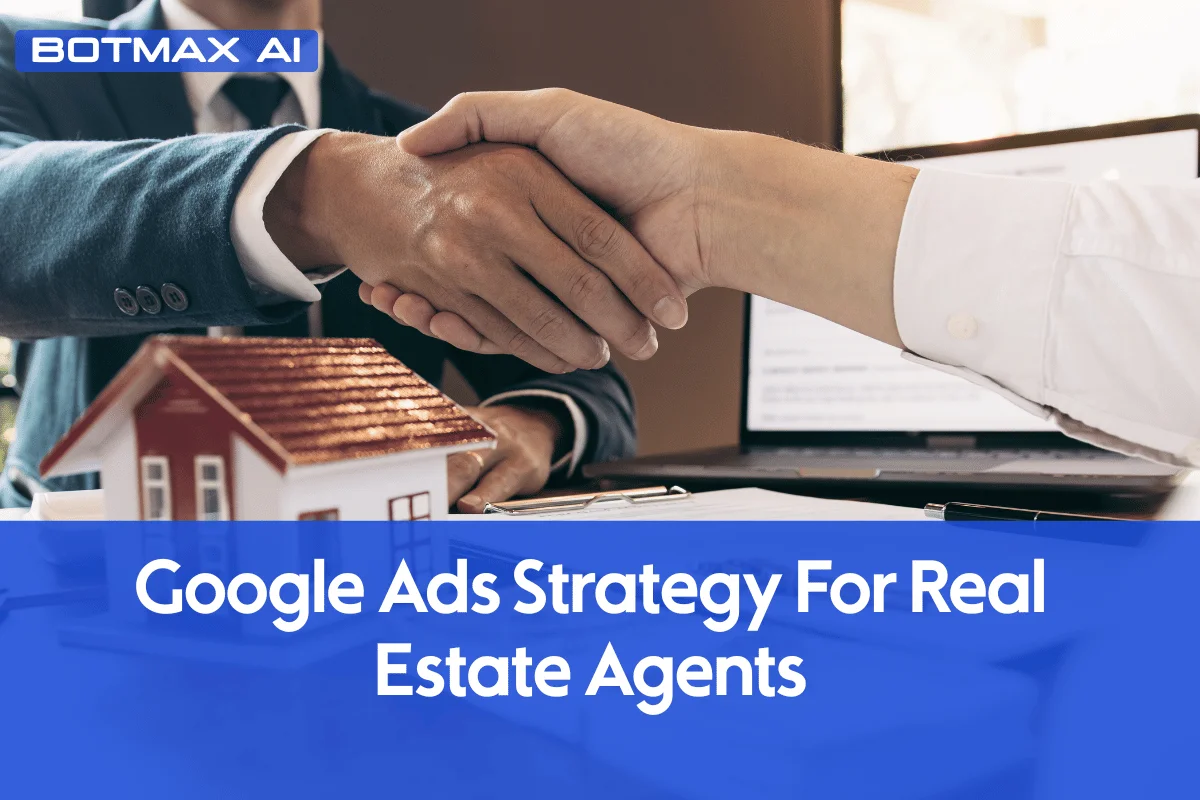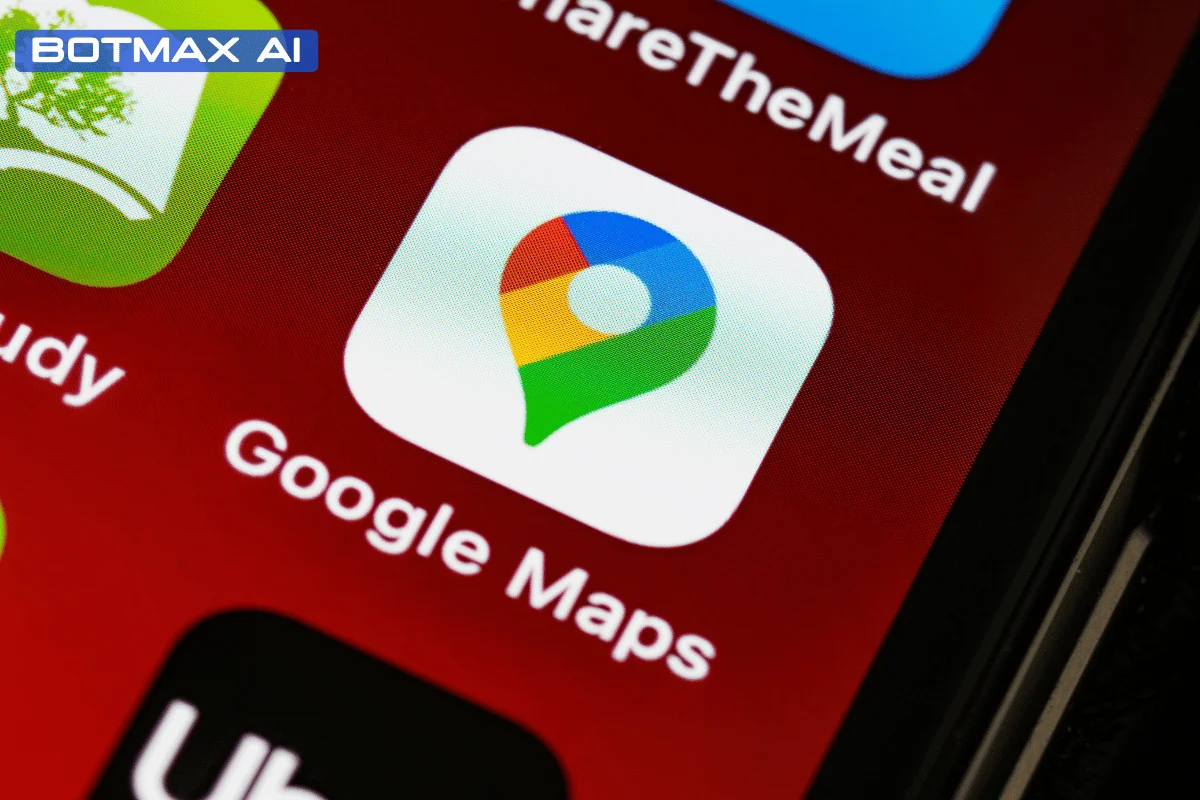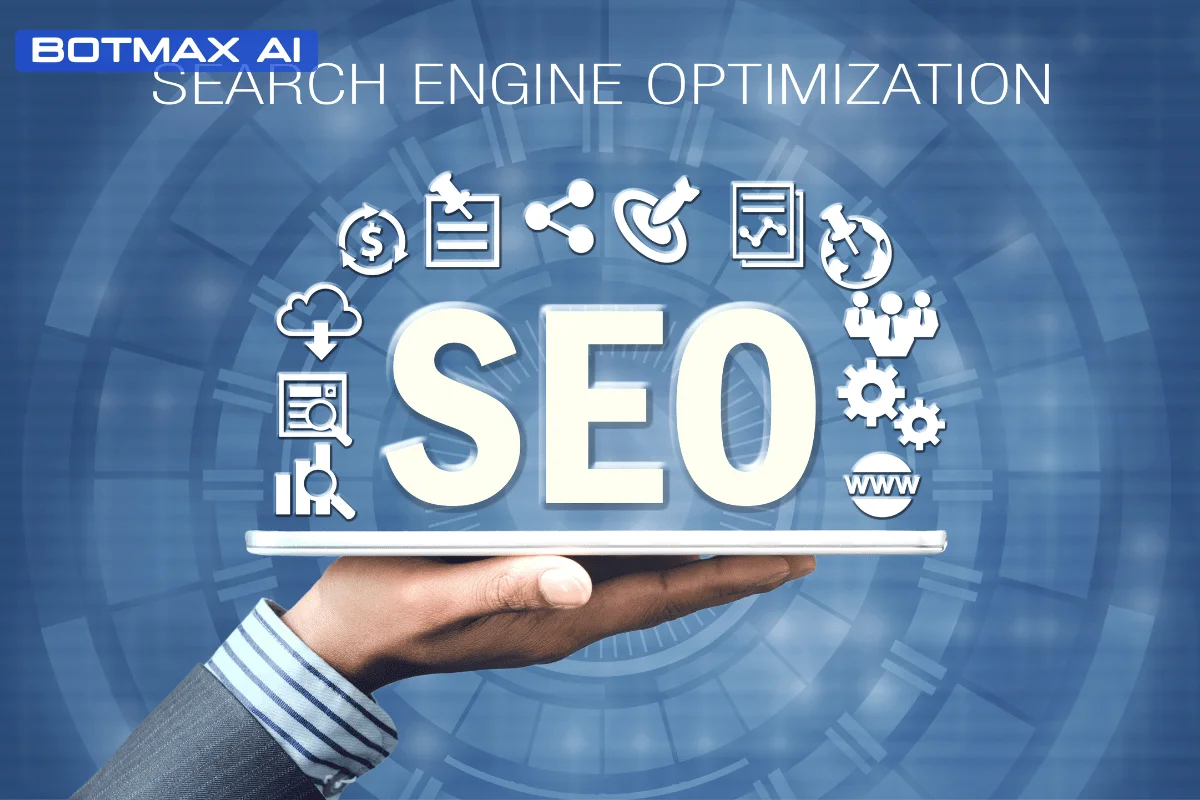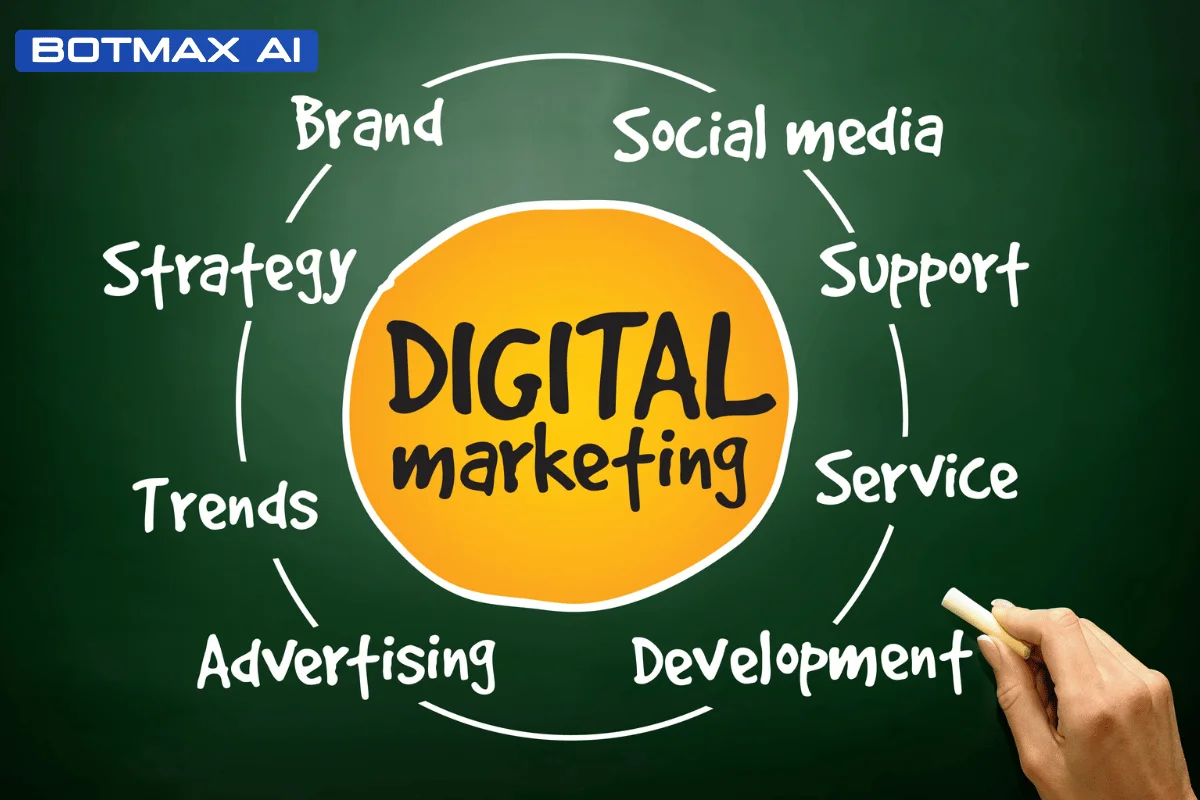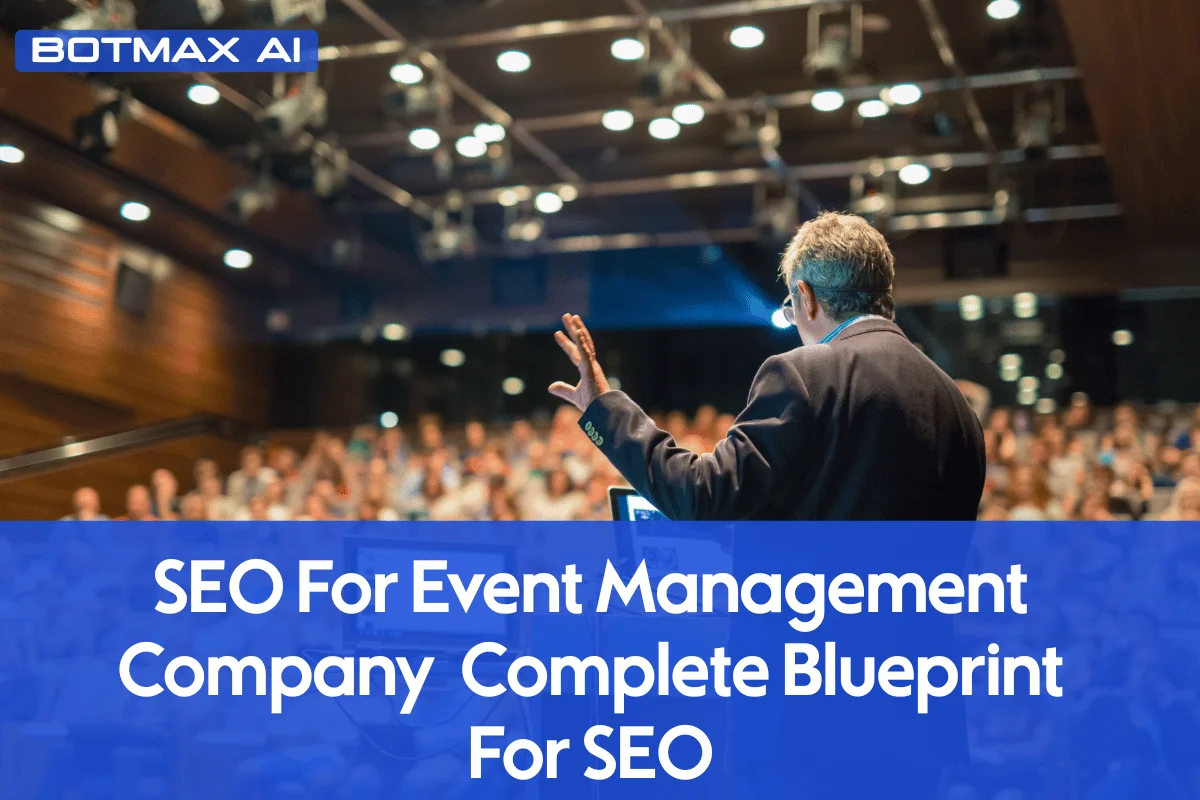
You’re an expert at creating unforgettable experiences. You can transform a blank canvas of a ballroom into a wonderland, coordinate a dozen vendors without breaking a sweat, and execute a flawless corporate conference down to the last detail. Your work is visual, dynamic, and breathtaking.
So why does it feel like your company is invisible online?
You post stunning photos on Instagram, you have a beautiful website, but the phone isn’t ringing with the kind of high-value clients you want. The inquiries you do get are often price-shoppers or for events that don’t match your specialty. It’s a frustrating cycle: you’re brilliant at managing events, but feel lost when it comes to managing your online presence.
What if I told you there’s a systematic way to attract a steady stream of your ideal clients—be it corporate planners looking for a conference organizer or couples searching for a luxury wedding planner—directly to your website, 24/7?
This is the power of Search Engine Optimization (SEO). And let me be clear, SEO for an event management company isn’t about technical wizardry or trying to “trick” Google. It’s the strategic art and science of making your business the most visible, trusted, and obvious choice when a potential client searches for the exact services you offer.
I’ve spent years helping service-based businesses, especially in the creative and events space, move from being buried on page ten of Google to dominating the first page. This guide is not a list of abstract theories. It’s a practical, step-by-step playbook designed specifically for event professionals. Let’s pull back the curtain and build your client-attraction machine.
Beyond the ‘Gram: Why SEO is a Game-Changer for Event Companies
Instagram is fantastic for showcasing your portfolio, but it has a major flaw: it’s not where most high-value clients begin their search. A corporate marketing manager planning a product launch or a bride’s parent looking for a reliable wedding planner isn’t scrolling through hashtags.
They are on Google, typing in specific, high-intent phrases like:
- “corporate event planners in Noida”
- “best wedding planners near me”
- “destination wedding management company India”
- “product launch event organizers”
SEO puts you directly in the path of these motivated searchers at the exact moment they need your expertise.
Here’s why SEO is your most valuable marketing asset:
- It Attracts High-Quality Leads: SEO is inbound marketing. Instead of you chasing clients, the right clients find you. They are already qualified because they are actively searching for a solution you provide.
- It Builds Long-Term Authority & Trust: A top ranking on Google is a powerful endorsement. It tells potential clients that you are an established, credible, and authoritative leader in your market. This trust is built over time and becomes a durable asset that pays dividends for years.
- It Drives Business 24/7: Unlike a social media post that has a lifespan of a few hours, a well-ranked webpage works for you around the clock, generating inquiries while you’re busy running events.
- It Has an Incredible ROI: While it requires an upfront investment of time and resources, the long-term return on investment from organic search traffic far outweighs the cost and short-term nature of paid ads.
Phase 1: The Foundation – Mastering Keyword Research
Before we build anything, we need to understand the language of your ideal client. Keywords are the search terms they type into Google. Your goal is to become the best answer for those queries.
Let’s break down how to find the keywords that will bring you business.
Brainstorm Your “Seed” Keywords
Start with the basics. What services do you offer?
- Wedding planning
- Corporate event management
- Conference organization
- Product launches
- Exhibition management
- Social events
Add Intent and Location Modifiers
Now, let’s think like a client. They add words that show their intent and location.
- Intent Modifiers: services, company, agency, planners, organizers, best, top, luxury, affordable
- Location Modifiers: in Lucknow, near me, in Uttar Pradesh
Combine them: “luxury wedding planners in Lucknow,” “corporate event management company near me.”
Think About Specific Event Types
Get granular. What niche services do you excel at?
- “destination wedding planner for Rajasthan”
- “medical conference organizers India”
- “tech summit event management”
- “virtual event production company”
Use Free Tools to Expand Your List
- Google Search & Autocomplete: Start typing your keywords into Google and see what it suggests. These are real searches people are making.
- “People Also Ask” Box: This is a goldmine of questions your clients are asking. Answering these questions on your website is a powerful SEO strategy.
- AnswerThePublic: A fantastic tool that visualizes search questions around a keyword.
Your goal is to create a master list of 15-20 core keywords that represent your most valuable services and locations. This list will be the foundation for your entire website structure and content strategy.
Phase 2: On-Page SEO – Optimizing Your Digital Showroom
On-page SEO is the practice of optimizing the content and structure of your website pages. This is how you tell Google exactly what each page is about.
Your Website Structure is Crucial
Don’t lump everything onto one “Services” page. Create a dedicated, detailed page for each core service you offer. A potential website structure could be:
- Homepage: Your grand entrance.
- About Us: Your story, your team.
- Services (Main Menu Item)
- Corporate Event Planning (Dedicated Page)
- Wedding Planning (Dedicated Page)
- Social Events & Parties (Dedicated Page)
- Virtual Events (Dedicated Page)
- Portfolio/Gallery: Your proof of work, categorized by event type.
- Blog: Your expertise hub.
- Contact Us: Your call to action.
Optimizing Your Service Pages
Each service page is a landing page for a potential client. It must be optimized to rank. For your “Corporate Event Planning” page, for example:
- Page Title (Title Tag): The most important on-page SEO element. It should be concise and include your main keyword.
- Example:
Expert Corporate Event Planners in Lucknow | Your Company Name
- Example:
- Meta Description: The short paragraph under your title in search results. It doesn’t directly impact ranking, but it’s your sales pitch to get the click. Make it compelling!
- Example:
Planning a conference, product launch, or corporate gala in Lucknow? Our award-winning team handles every detail to deliver flawless, impactful events. Contact us!
- Example:
- H1 Heading: The main headline on the page. It should be similar to your page title.
- Example:
Professional Corporate Event Planning Services in Lucknow
- Example:
- Page Content: The copy on the page should be detailed (aim for 700+ words), easy to read, and naturally include your keywords. Discuss the types of corporate events you manage (conferences, seminars, award nights), your process, and what makes you different.
- Images: Use high-quality photos from your past corporate events. Crucially, rename the image files before uploading (
corporate-conference-planning-lucknow.jpgnotIMG_5678.jpg) and add descriptive Alt Text to tell Google what the image is about.
Rinse and repeat this process for every single service page.
Phase 3: Local SEO – Dominating Your Home Turf
For most event companies, local clients are the lifeblood of the business. Local SEO ensures that when someone in your geographic area needs an event planner, you show up first.
Your Google Business Profile is Your #1 Priority
Your Google Business Profile (GBP) is your most important local SEO asset. It’s the information box that appears on the right side of the search results and in Google Maps. Optimizing it is non-negotiable.
- Verification: Claim and verify your profile.
- Complete Every Section: Fill out every single field: services, hours, description, etc.
- Primary Category: Set it to “Event Management Company.” Add secondary categories like “Wedding Planner” or “Party Planner.”
- Photos, Photos, Photos: Constantly upload high-quality photos from your events. Showcase your team, your process, and your stunning results.
- Get Reviews: This is critical. Create a simple process to ask happy clients for a Google review. Positive reviews are a massive ranking factor and trust signal.
- Use GBP Posts: Every week, create a post about a recent event, a special offer, or a blog article you’ve written. It shows Google your business is active.
Localized Website Content
Weave your location naturally into your website content, especially on your homepage and service pages. Mention specific neighborhoods, landmarks, or popular venues you frequently work with in Lucknow or Uttar Pradesh. This reinforces your local authority.
Phase 4: Content Marketing – Showcasing Your Expertise
Your portfolio shows what you’ve done. Your content shows how you think. Content marketing builds trust and attracts clients at the top of the funnel who are looking for ideas and expertise. The best way to do this is through a blog.
Blog Post Ideas That Attract Event Clients:
- Venue Guides: “Top 10 Unique Wedding Venues in Lucknow”
- Checklists & How-Tos: “The Ultimate Corporate Event Planning Checklist”
- Idea & Inspiration Posts: “5 Creative Themes for Your Next Corporate Gala”
- Case Studies: Do a deep dive into a successful event you managed. Detail the client’s goal, the challenges, your strategy, and the stunning result. This is incredibly persuasive content.
Each blog post is an opportunity to rank for new keywords and prove your expertise.
Phase 5: Off-Page SEO – Building Authority & Backlinks
Off-page SEO refers to actions taken outside of your own website to impact your rankings. The most important of these is building backlinks—links from other websites to yours. Each high-quality backlink is like a vote of confidence for your website in Google’s eyes.
How to Get Valuable Backlinks:
- Venue & Vendor Partners: Ask the hotels, caterers, and photographers you work with to add a link to your website on their “Preferred Partners” page. This is the easiest and most relevant backlink you can get.
- Guest Posting: Write an article for an industry blog (e.g., an event industry magazine, a local business journal) and include a link back to your site in your author bio.
- Get Featured: When you execute a stunning wedding, submit the photos to wedding blogs (like WedMeGood or a local publication). If they feature the event, they will link back to you as the planner.
- Local Sponsorships & PR: Sponsoring a local charity event or getting mentioned in a local news article about a high-profile event you managed can earn powerful backlinks.
Phase 6: Technical SEO – Keeping Your Site Healthy
You don’t need to be a developer, but you should be aware of a few technical aspects that impact your SEO.
- Mobile-Friendliness: Your website must look and work perfectly on a smartphone. Most of your clients will find you on their phones.
- Site Speed: Your website should load quickly (ideally in under 3 seconds). Slow sites frustrate users and are penalized by Google.
- Schema Markup: This is a bit of code that helps Google understand your content better. For event companies, you can use “Event Schema” to highlight specific events, which can result in a more eye-catching listing in the search results.
The Final Step: Measuring Your Success
How do you know if it’s working? You need to track your progress.
- Google Search Console: This free tool from Google shows you which keywords you’re ranking for and where you appear in search results.
- Google Analytics: This tool shows you how much traffic is coming to your site, which pages are most popular, and most importantly, how many people are filling out your contact form (conversions).
Track your organic traffic, keyword rankings for your main terms, and the number of leads you get from your website each month.
Your SEO Action Plan: A Concluding Checklist
SEO is a marathon, not a sprint. It’s about consistent, strategic effort. But by focusing on these core pillars, you will build a powerful, sustainable engine for client acquisition.
Here is your checklist to get started:
- [ ] Keywords: Research and finalize your top 15-20 target keywords.
- [ ] On-Page SEO: Optimize your homepage and create/optimize a dedicated page for each core service.
- [ ] Google Business Profile: Fully complete and optimize your GBP listing.
- [ ] Reviews: Create a simple process to ask every happy client for a Google review.
- [ ] Content: Write and publish your first expert blog post (e.g., a venue guide or planning checklist).
- [ ] Backlinks: Reach out to 5 of your favorite venue/vendor partners and ask for a link.
- [ ] Tracking: Set up Google Analytics and Google Search Console.
Stop waiting for clients to find you by chance. Start building the digital pathways that lead your ideal clients directly to your door. Your next big event is waiting.
